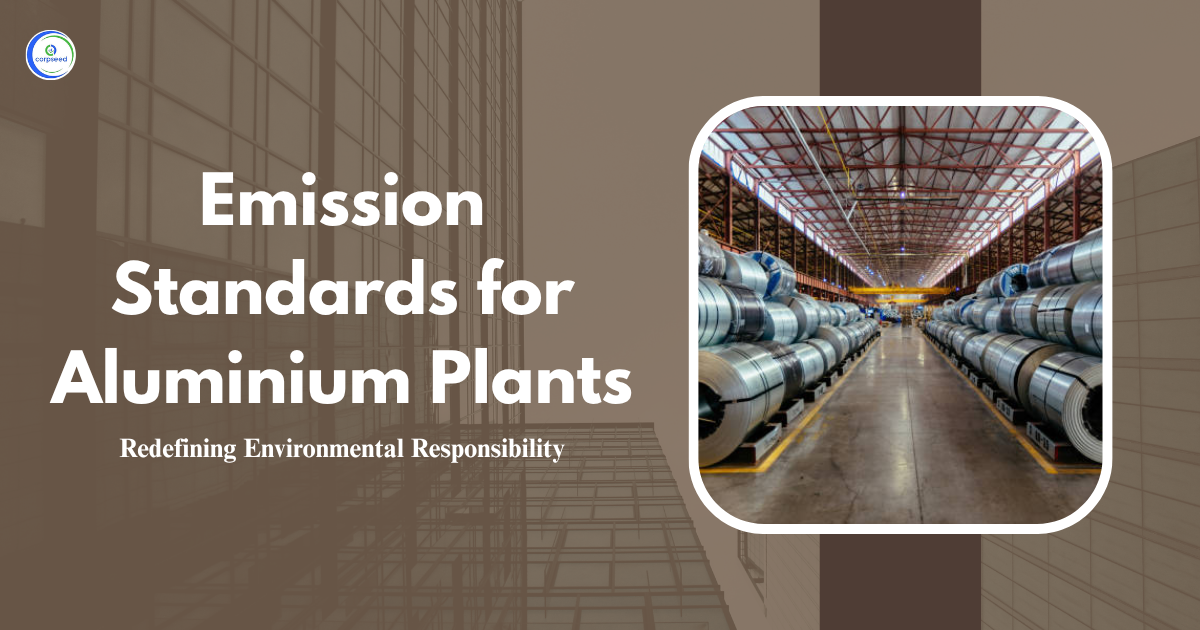The edible oil and Vanaspati industry plays an essential role in India's food processing sector, providing to the dietary requirements of millions. However, the manufacturing processes involved, such as solvent removal, filtering, and deodorization, produce major environmental pollutants. To reduce these impacts, the Central Pollution Control Board (CPCB) has established strict standards under the Environment (Protection) Rules, 1986. These standards aim to standardize the discharge of effluents and emissions, confirming sustainable industrial practices.
Table of Contents
The edible oil and vegetable industry is a keystone of India’s food processing sector, contributing significantly to the country’s economy and employment. With the rising demand for edible oils and vegetables, the environmental influence of these industries has become a serious concern. To reduce pollution and ensure sustainable practices, the Central Pollution Control Board (CPCB) has set stringent emission standards and pollution control guidelines. These regulations aim to address environmental challenges caused by the industry, particularly those related to air emissions, wastewater discharge, and solid waste management.
--------------Blog Contact Form-------------
Pollution Control Measures in Edible Oil & Vanaspati Plants
To ensure stringent compliance with environmental regulations and reduce the environmental footprint of operations, the edible oil and vegetable industry must incorporate a multifaceted approach to pollution control. Effective application of these strategies is not only a regulatory requirement but also a responsible operational practice.
- Effluent Treatment Plants (ETPs): Each edible oil and vegetable manufacturing unit is required to install a waste treatment plant to handle and treat wastewater produced during solvent extraction, refining, and deodorizing processes. The ETP should be properly designed to meet the capacity of the unit and the quantity and quality of effluents specific to the production process.
- Boiler Emission Control Systems: Boilers used in edible oil production often run on fossil fuels or agricultural residues. To control particulate matter (PM) emissions, industries need to use advanced emission control equipments. These include bag filters, cyclone separators, electrostatic precipitators (ESPs), and wet scrubbers.
- Green Belt Development: A well maintained green belt around the factory premises serves several environmental functions. The vegetation acts as a natural sink for pollutants, specifically dust and gaseous emissions. Trees and shrubs can filter out particulate matter and toxic gases, refining air quality in and around the plant.
- Regular Monitoring and Reporting: Constant and accurate monitoring is essential to confirm compliance with CPCB standards. Industries are required to maintain operational records and occasionally monitor key parameters such as BOD, COD, pH levels, and waste volumes.
- Solid Waste and Hazardous Waste Management: Solid remains such as spent earth, oil cakes, and chemical sludge are by-products of the edible oil and vegetable industries. These wastes should be properly classified according to hazardous waste management regulations and disposed of through authorized agencies. Mismanagement of solid waste can lead to groundwater contamination and land degradation, making proper operations essential for environmental safety and CPCB certification eligibility.
Effluent Discharge Standards for Edible Oil & Vanaspati Industry
The discharge of untreated or inadequately treated effluents can lead to severe water pollution. The CPCB has listed the following effluent quality parameters:
| Parameters | Limit |
| Ambient Temperature |
Not more than 5oC above of the recipient waterbody |
|
pH Suspended solids |
6.5—8.5 150 mg/l |
|
Oil & grease BOD (3 days at 27oC) |
20 mg/l 100 mg/l |
| COD Wastewater Discharge | 200 mg/l |
|
(i) Solvent extraction (ii) Refinery/Vanaspati (iii) Integrated unit of extraction & refinery/ Vanaspati (iv) Barometric cooling water |
2.0 cum/tonne of product (oil) 2.0 cum/tonne of product (refined oil/Vanaspati) 4.0 cum/ tonne of refined Vanaspati Product 15.0 cum/ tonne of refined oil/ Vanaspati |
Benefits of Adhering to Emission and Effluent Standards
Compliance with CPCB and SPCB norms is not just about meeting legal obligations, it brings wider benefits to industries, society and the environment. The edible oil and Vanaspati sector can achieve sustainable development by aligning itself with pollution control frameworks while preserving ecological integrity.
- Environmental Protection: Adherence to prescribed standards ensures that the release of harmful pollutants into the air, water, and soil is reduced. This leads to the preservation of natural ecosystems, the drop in aquatic toxicity, and the safety of biodiversity.
- Public Health and Community Safety: Controlling emissions and waste directly contributes to minimizing airborne and waterborne diseases. Low levels of particulate matter, oils, and toxic residues in the environment safeguard not only plant workers but also surrounding communities. Reducing pollution is specifically important when the recipient water body acts as an actual source of water for drinking, agriculture or fishing.
- Regulatory Compliance and Risk Mitigation: Meeting CPCB and SPCB environmental standards helps escape heavy fines, legal notices, and potential plant closures. Timely CPCB certification also ensures stakeholders, investors and regulators of the credibility and legitimate operation of the entity. Staying in compliance minimizes the risk of environmental litigation and confirms the long-term operational continuity of the industry.
- Operational Efficiency and Cost Savings: Several pollution control technologies such as ETP, heat recovery systems and resource recycling mechanisms also contribute to better energy and resource management. This minimizes wastage, lower input costs and improve overall process efficiency.
- Corporate Social Responsibility (CSR) and Market Competitiveness: Sustainable and environmentally conscious practices improve the industry’s image in the eyes of the public, regulators, and business partners. Buyers especially in the global market prefer sourcing from companies with verified environmental compliance and CPCB certification.
Conclusion
The edible oil and vegetable industries occupy a strategic position in India’s agro-processing ecosystem. With growing concerns about climate change, environmental degradation, and sustainable development, the sector must develop in line with eco-friendly practices. The Central Pollution Control Board (CPCB) through the Environment (Protection) Rules, 1986 has set down complete and scientifically determined standards for the management of emissions and waste materials from this industry.
By stringently implementing pollution control measures such as Effluent Treatment plants, air pollution control equipment, waste minimization techniques, and real-time monitoring systems, units can significantly minimize their environmental impact. The development of green belts and responsible waste management practices further add to building a safe and healthy environment for all stakeholders involved.
This portion of the site is for informational purposes only. The content is not legal advice. The statements and opinions are the expression of author, not corpseed, and have not been evaluated by corpseed for accuracy, completeness, or changes in the law.
BOOK A FREE CONSULTATION
Get help from an experienced legal adviser. Schedule your consultation at a time that works for you and it's absolutely FREE.



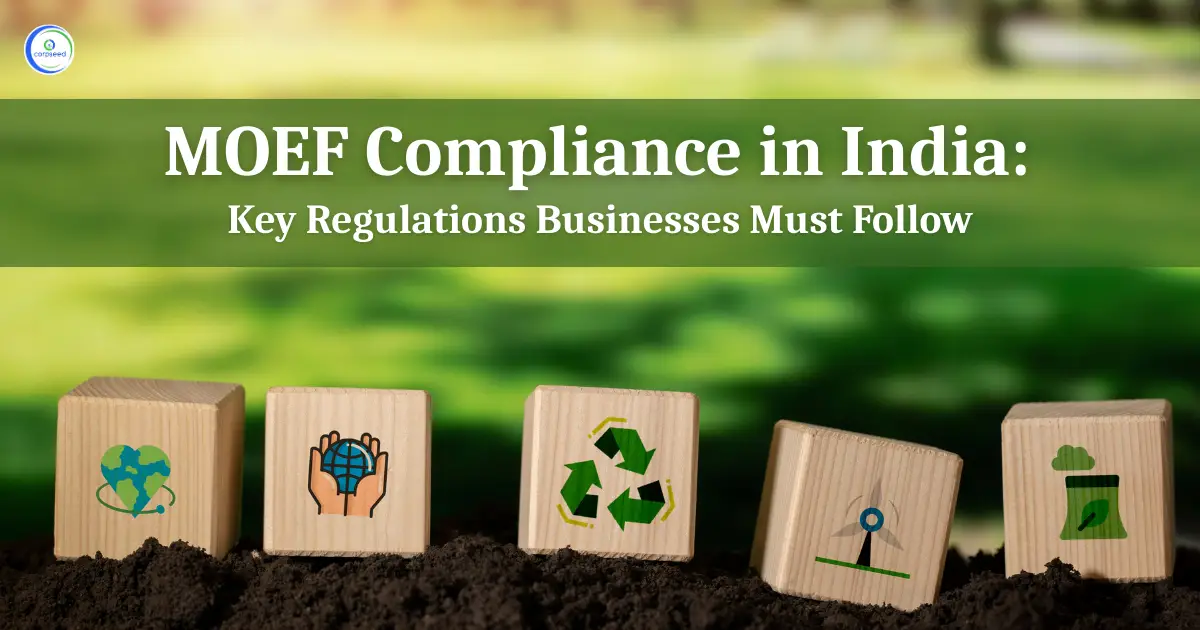
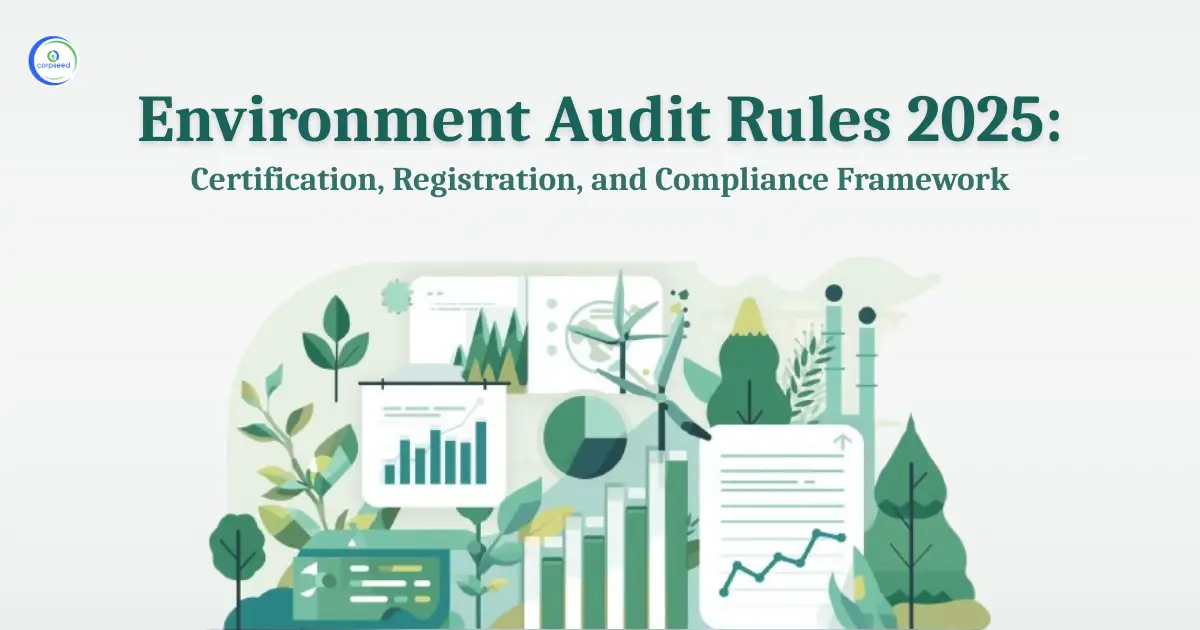
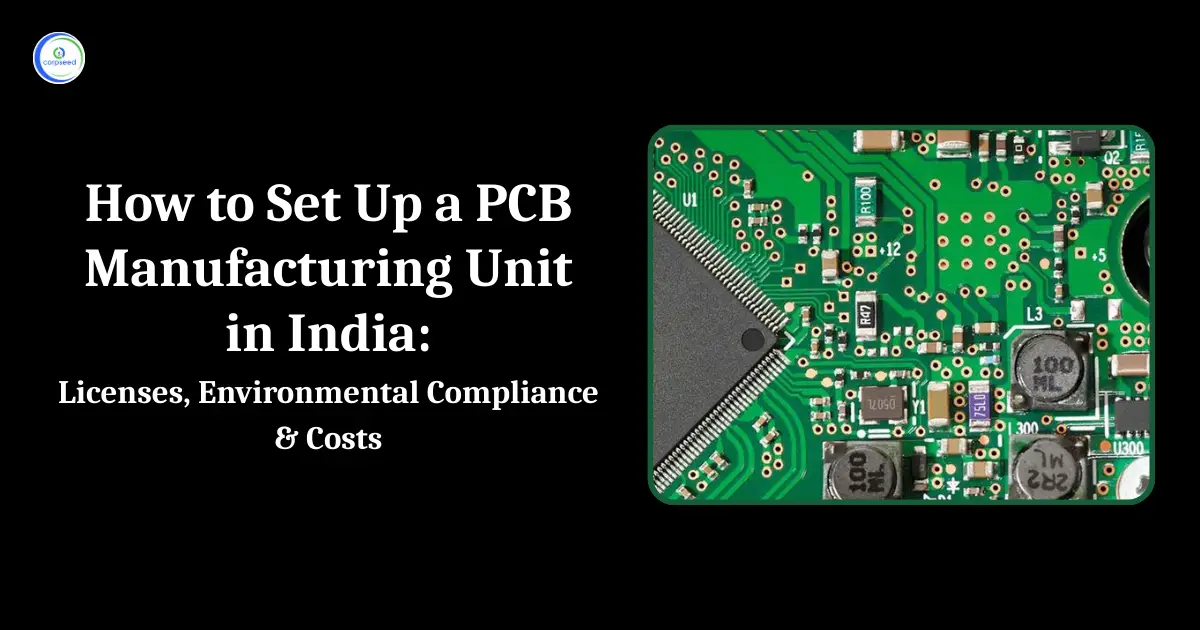
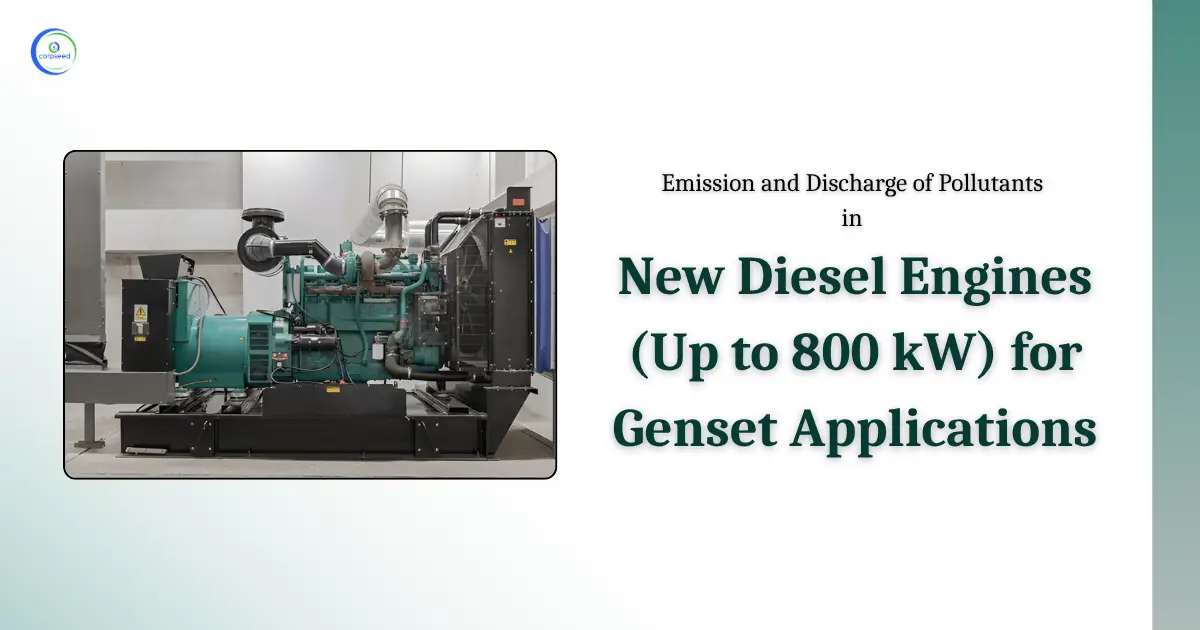
_Corpseed.webp)
.webp)
